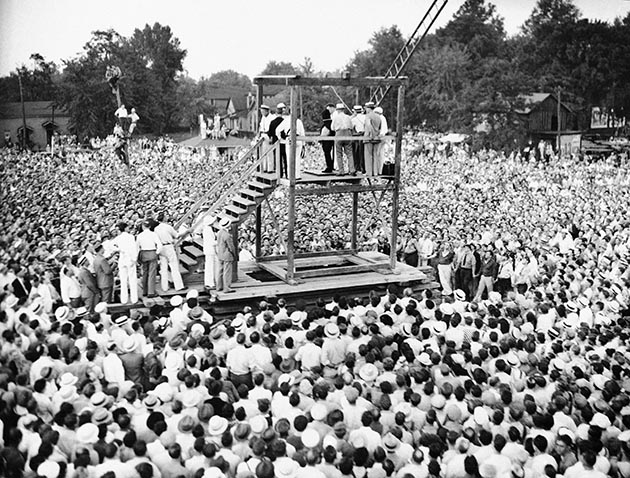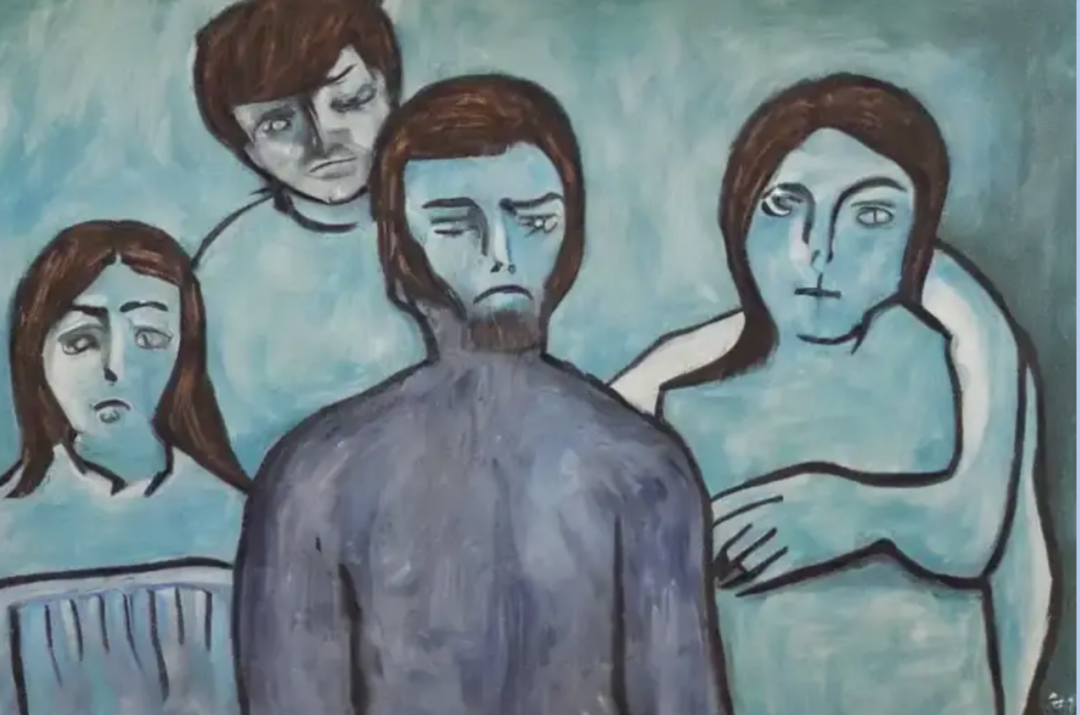From Facebook turning into obituary pages when *any* artist dies with the same trite pseudo-sentiments attached to deaths that leave no real voids in the digital eulogist’s lives to muso members of the 27 club being wistfully revered through the ages, the obsession with the torment of ‘iconic’ others and the paradox of tragedy morbidly lies at the centre of our mainstream culture.
If you look beyond the ‘empathetic’ outpours of grief from devastated entirely detached voyeurs, you can start to see what lies behind the fascination of macabre music spectacles. So, why do we obsess over troubled artists and keep turning them in their graves for a new opportunity to lament over their tormented lot in life?
Is it because while they were alive, they brought so much meaning to us through their lyrics and melodies? Or does David Hume’s philosophical take on the paradox of tragedy ring true through music?
The Paradox of Tragedy: The Music Edition
The paradox of tragedy explains the magnetism of tragedies – whether they be fiction or non-fiction – even if they do evoke negativity in the eye of the spectator. Hume’s theory argues that the value attributed to tragedies is intrinsically linked to the pleasure we derive from being exposed to them.
“It seems an unaccountable pleasure, which the spectators of a well-written tragedy receive from sorrow, terror, anxiety, and other passions, that are in themselves disagreeable and uneasy. The more they are touched and affected, the more are they delighted with the spectacle; and as soon as the uneasy passions cease to operate, the piece is at an end.”
We may be a few hundred years away from the era when jeering crowds would gather and create a carnivalesque atmosphere at the gallows to witness public executions as a form of entertainment but have we, as a society, moved beyond being arrested by the spectacle of tragedy?

The reaction to the recent death of Sinead O’Connor, as one example would prove otherwise. As people came out in droves to mourn the loss of the trailblazer who was shunned in life for what we revere her for in death, Morrissey made more sense than he had in decades when he slammed the celebrity tributes.
“Tomorrow, the fawning fops flip back to their online shitposts and their cosy cancel culture and their moral superiority and their obituaries of parroted vomit… all of which will catch you lying on days like today… when Sinead doesn’t need your sterile slop.”
Of course, Sinead O’Connor is just one victim in a long line of artists on the manufacturing line of discontent that the media, the music industry, and every sycophant that salivates at the prospect of cognitively cavorting in an exhibition of affliction keeps in motion.
No doubt there will soon be a harrowing vignette of a biopic that can burn into our eyes as we gorge our gluttonous mouths with popcorn. Failing that, we could always just read the 2013 Elliott Smith book, Torment Saint, or the newest book traversing the ‘definitive’ tales of his trauma, which has, of course, garnered rave reviews from across the board. Fancy going out while you carouse in the misery of someone else’s ill-gained legacy? Head down to Disorder Bar in the Northern Quarter in Manchester, where you can gaze into the eyes of Ian Curtis while you down your overpriced craft beers.

The Utility of Tragedy in Culture
It used to be that tragedies were written as novels or stage plays to give audiences a sense of cathartic relief from pent-up emotions, to serve moral lessons and provide entertainment.
Unbeknown to the likes of Shakespeare, as noted through a myriad of psychological studies, tragedies also instil gratitude for what we have, allow us to feel sadness without the anxiety that would be attached if the tragedy occurred in our own lives, and help us to take stock of what is meaningful in the greater scheme of things.
It is one thing to derive such cosy pleasures from fiction by heading down to your local theatre and seeing a performance of King Lear, but when we take the pain from someone else’s life to placate our own suffering, all under such a compassionate guise, it all starts to seem a little sick and twisted.
The modern style of media that blurs the boundaries between reality and fiction is partly to blame, in accordance with our self-indulgent need for entertainment, but self-awareness of how we use other tormented people as a measuring stick has to be the start of progress away from a society where we need the underdog stories and the addict virtuosos to get through our own monotonies and struggles.
Article by Amelia Vandergast

